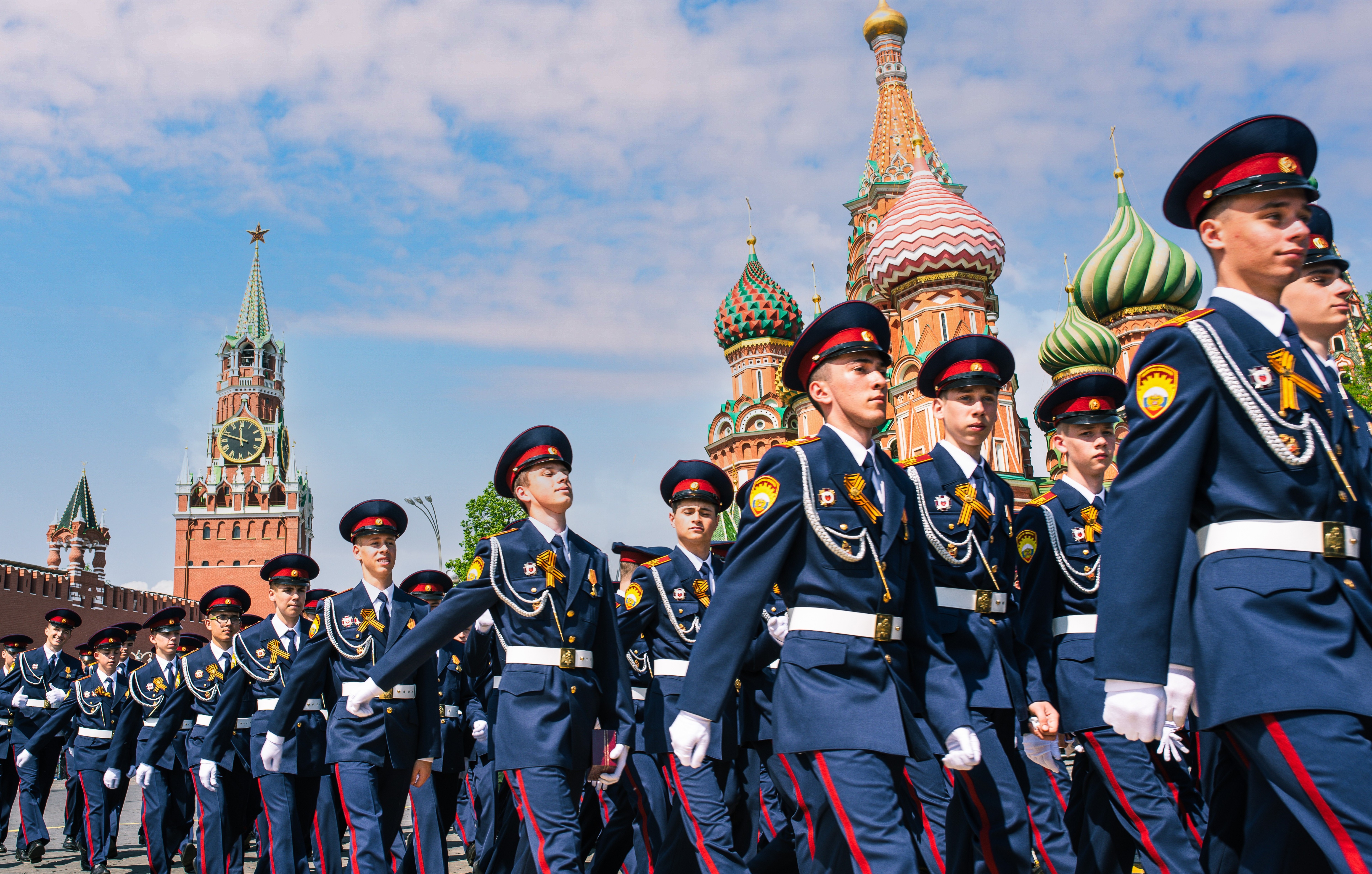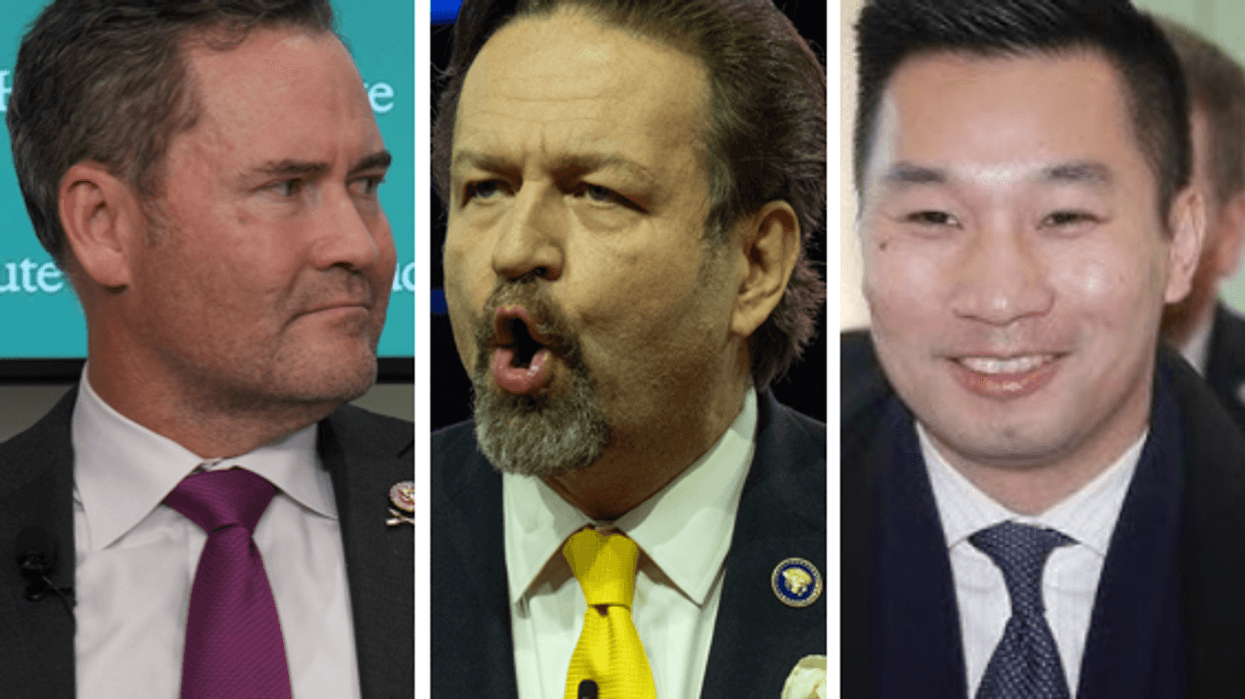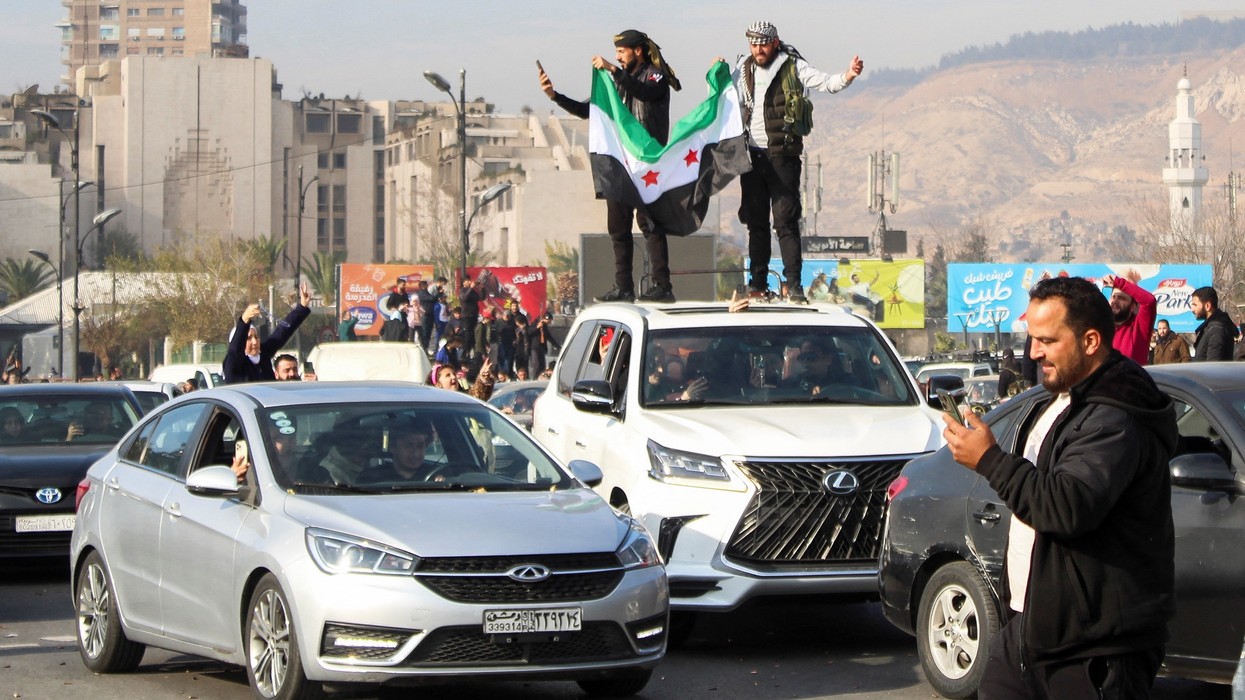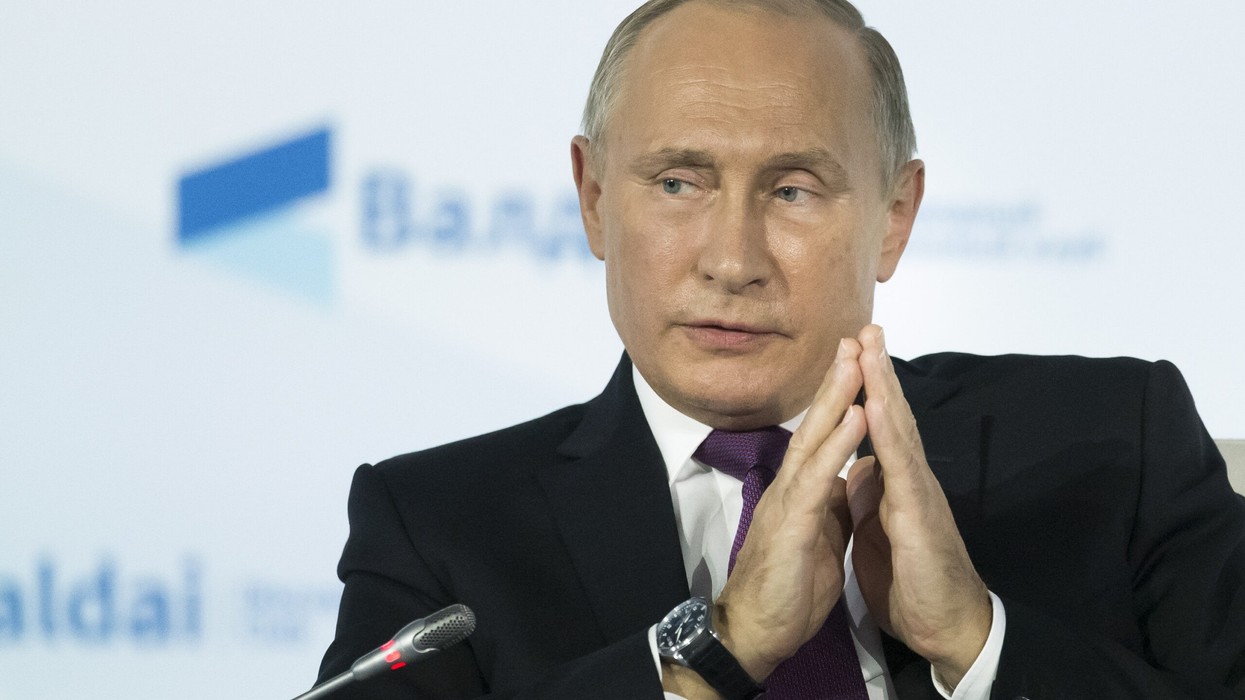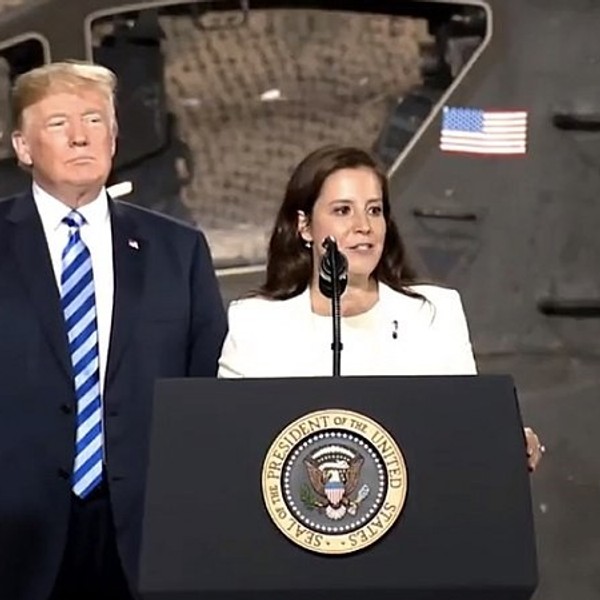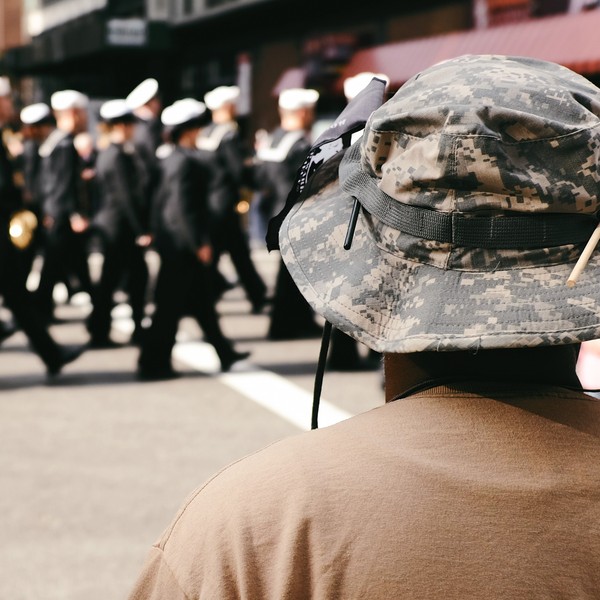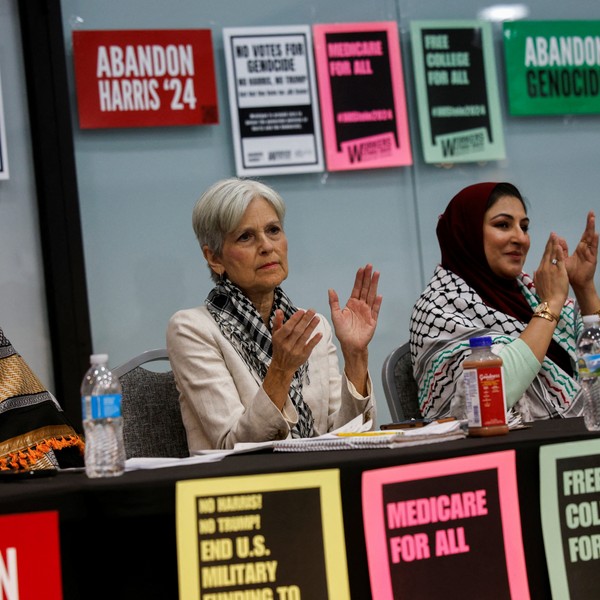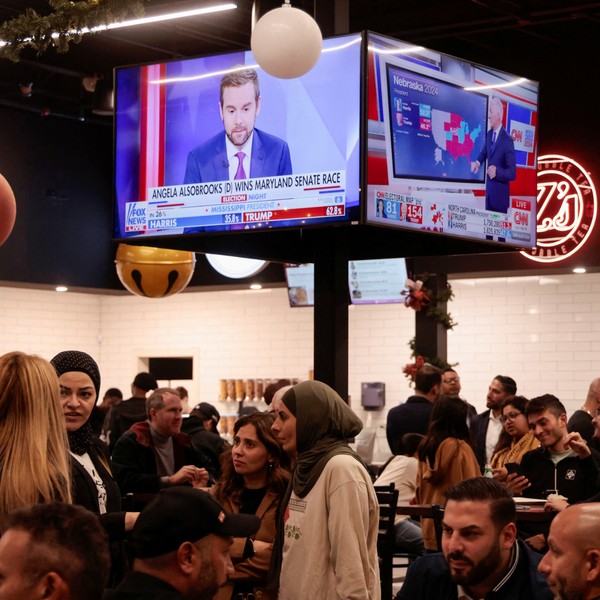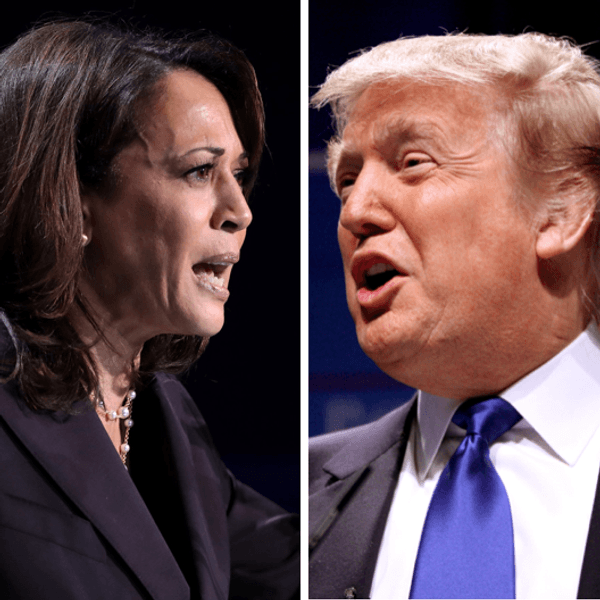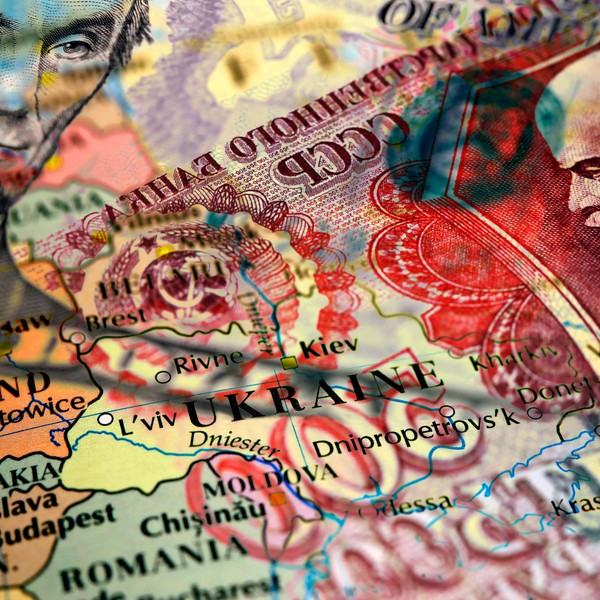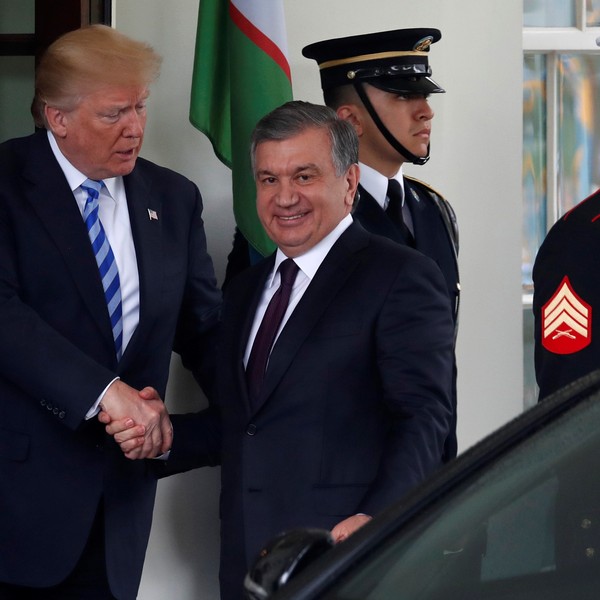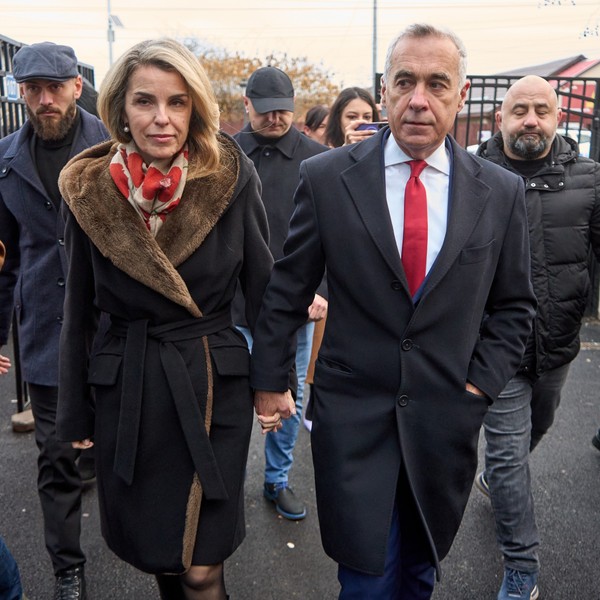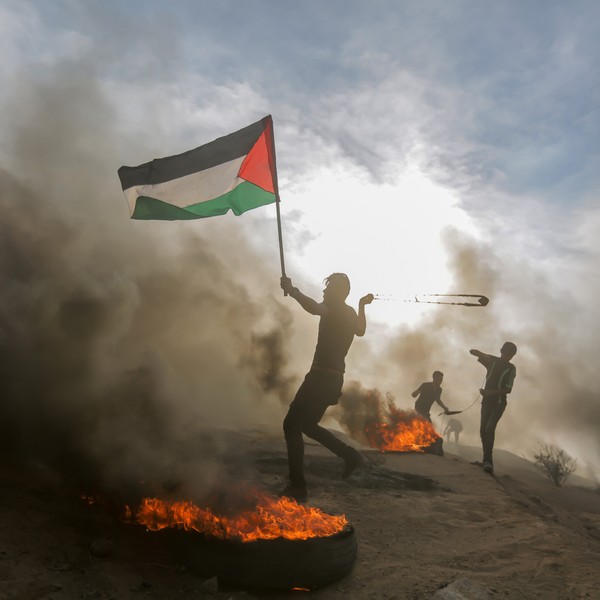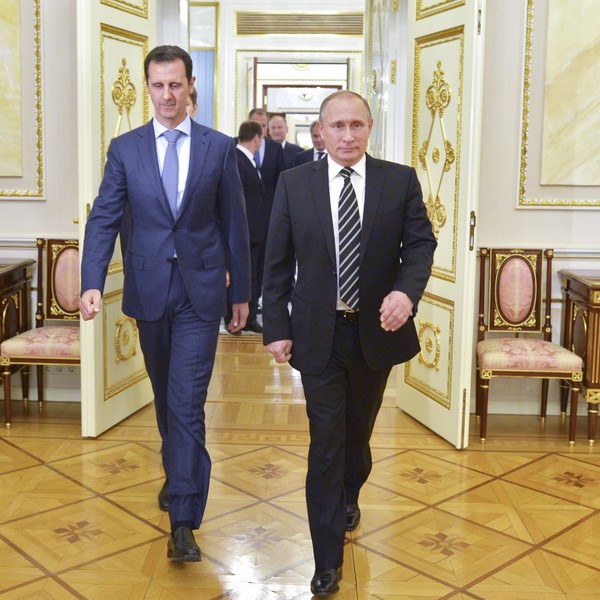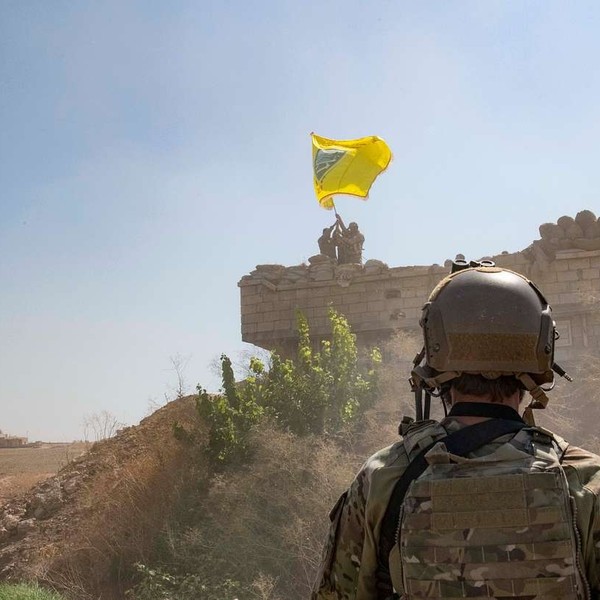Perhaps the most striking thing about Moscow today is its calm. This is a city that has been barely touched by war. Indeed, until you turn on the television — where propaganda is omnipresent — you would hardly know that there is a war.
Any economic damage from Western sanctions has been offset by the large number of wealthy Russians who have returned due to sanctions. The Russian government has deliberately limited conscription in Moscow and St. Petersburg, and this, together with a degree of repression, explains why there have been few protests by educated youth. No longer fearing conscription, many of the younger Muscovites who fled Russia at the start of the war have now returned.
As to the shops in central Moscow, I couldn’t say if the Louis Vuitton handbags are the genuine articles or Chinese knock-offs, but there is no lack of them. And far more important, Russia since the war demonstrates something that Germany once understood and the rest of Europe would do well to understand: that in an uncertain world, it is very important indeed to be able to grow all your own food.
In the provinces, it is reportedly very different. There, conscription, and casualties, really have bitten deep. This however has been balanced by the fact that the industrial provinces have experienced a huge economic boom due to military spending, with labor shortages pushing up wages. Stories abound of technical workers well into their seventies being recalled to work, fostering their income and restoring the self-respect they lost with the collapse of the 1990s. As I heard from many Russians, “the war has finally forced us to do many of the things that we should have done in the 1990s.”
In Moscow at least, there is, however, little positive enthusiasm for the war. Both opinion polls, and my own conversations with Russian elites, suggest that a majority of Russians do not want to fight for a complete victory (whatever that means) and would like to see a compromise peace now. Even large majorities however are against surrender, and oppose the return to Ukraine of any land in the five provinces “annexed” by Russia.
In the elites, the desire for a compromise peace is linked to opposition to the idea of trying to storm major Ukrainian cities by force, as was the case with Mariupol — and Kharkov is at least three times the size of Mariupol. “Even if we succeeded, our casualties would be huge, so would the deaths of civilians, and we would inherit great heaps of ruins that we would have to rebuild,” one Russian analyst told me. “I don’t think most Russians want to see that.”
Despite efforts by some figures like former president Dmitri Medvedev, there is very little hatred of the Ukrainian people (as opposed to the Ukrainian government) — in part because so many Russians are themselves Ukrainian by origin. Hence perhaps another reason why Putin has presented this as a war with NATO, not Ukraine. This recalled the attitudes to Russia of people I met in the Russian-speaking areas of Ukraine last year, a great many of whom are themselves wholly or partly Russian. They hated the Russian government, not the Russian people.
In the foreign and security elites, various ideas for a compromise peace are circulating: a treaty ratified by the United Nations, guaranteeing Ukrainian (and Russian) security without Ukraine joining NATO; the creation of demilitarized zones patrolled by U.N. peacekeepers as opposed to the annexation of more territory; territorial swaps, in which Russia would return land in Kharkov to Ukraine in exchange for land in the Donbas or Zaporozhia. The great majority of Russian analysts with whom I spoke believe however that only the U.S. can initiate peace talks, and that this will not happen until after the U.S. elections, if it happens at all.
The overall mood therefore seems to be one of accepting the inevitability of continued war, rather than positive enthusiasm for the war; and the Putin administration seems content with this. Putin remains very distrustful of the Russian people; hence his refusal so far to mobilize more than a fraction of Russia’s available manpower. This is not a regime that wants mass participation, and hence is also wary about mass enthusiasm. Its maxim seems rather, “Calm is the first duty of every citizen.”
A German version of this article was published in the Berliner Zeitung on June 29, 2024.
- Pass Ukraine aid, but make it conditional on ending the war ›
- Prolonging the Ukraine war is flirting with nuclear disaster ›
- Diplomacy Watch: Kyiv turning to Beijing as potential peacemaker? | Responsible Statecraft ›
- What a platypus can teach Europe about Ukraine | Responsible Statecraft ›
- What the Ukraine war has in common with Vietnam | Responsible Statecraft ›
- When will the war in Ukraine end? | Responsible Statecraft ›
- Diplomacy Watch: Did the West scuttle the Istanbul talks or not? | Responsible Statecraft ›
